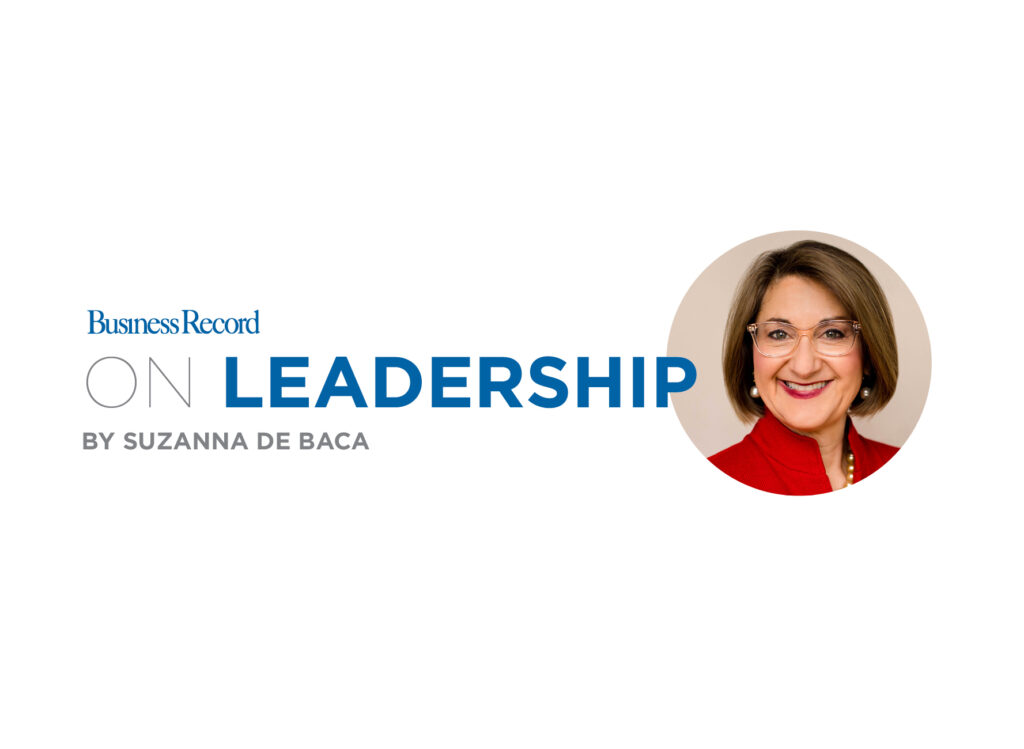Elbert: 21st-century socialism

President Donald Trump has accused Democratic presidential nominee Joe Biden of being a “Trojan Horse for socialism.”
It’s a catchy phrase, but one that left the barn decades ago.
Accusing U.S. politicians of being socialists in the 21st century is laughable for the simple reason that you’d be hard-pressed to find anyone, including Iowa’s conservative ideologue Chuck Grassley, who does not subscribe to some form of socialist principles.
If you don’t believe me, look up the definition of socialism. In Wikipedia, it goes on for 38 pages, excluding footnotes, but Merriam Webster’s online definition is shorter, a mere three pages.
Obviously it’s complicated.
The dictionary says that “since socialism entered English around 1830, it has acquired several different meanings,” which range from Marxist communism to social democracy as practiced in Sweden and Denmark.
Although the word covers a wide range of activities, modern usage generally refers to “governmental ownership and administration of the means of production and distribution of goods.”
Today, there are plenty of examples, but the most widely known in this country are Social Security and Medicare, both of which were outgrowths of the Great Depression of the 1930s.
The history of socialist programs in the United States goes back even further and includes the farm price supports that Republican President Herbert Hoover endorsed in 1929 as a way to end a downward spiral of crop prices.
At the time, Hoover refused to lend directly to farmers because he feared they would become dependent on government money.
So he made government loans to farm organizations, which bought directly from farmers, which did two things. It kept prices up and encouraged overproduction, which led to increased government spending that has continued to this day.
None of which is necessarily a bad thing.
In the century that followed, the federal government used a variety of spending programs ranging from direct price supports to commodity reserve programs to conservation payments and crop insurance in attempts to stabilize farm markets.
Some worked better than others, but one thing is certain: All involved some degree of government control over private goods and services, which is by most definitions a form of socialism.
A fairly recent innovation is the government’s Renewable Fuel Standard, which requires that oil-based gasoline include certain amounts of corn-based ethanol or other renewable fuels, which also seems to qualify as a form of socialism.
All of the farm programs have been supported by Iowa’s Republican U.S. senators, Grassley and Joni Ernst. Not only does Grassley support these government programs that are based on socialist principles, as a lifelong farmer, he has benefited from them throughout his life.
That makes it at least a tad bit hypocritical for Grassley and Ernst and other conservatives to uniformly call out socialism as a bad system.
Don’t misunderstand me. There are socialism-based programs and cultures that have caused considerable harm throughout the world. But that usually occurs when socialism is paired with a dictatorship or some other form of totalitarian rule.
When paired with democracies, socialism is at a minimum no more dangerous than religion.
If you don’t believe me, just take a look at all of the socialism-based programs that we have today for our transportation and housing industries. On varying levels, both are heavily subsidized by federal, state and local governments, whether it is for low-cost fares that make it affordable for working people to get to and from work or government support for low-income housing.
And don’t forget about the major government bailouts of the financial and auto industries during the financial collapse of 2007-2009.
The bottom line is that accusing anyone of being a socialist in the 21st century is like saying Wisconsin’s Joe McCarthy was an anti-communist: It’s true, we all know it, but who cares at this point?







